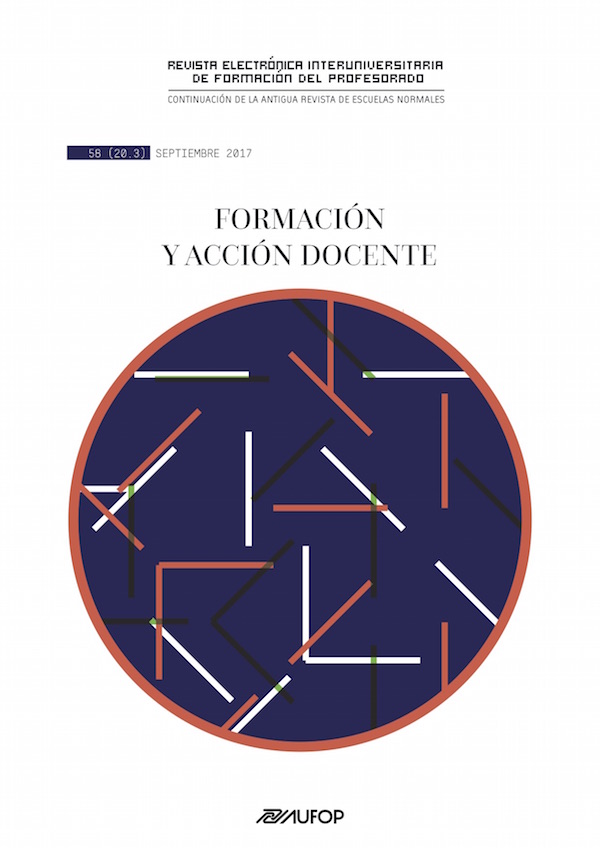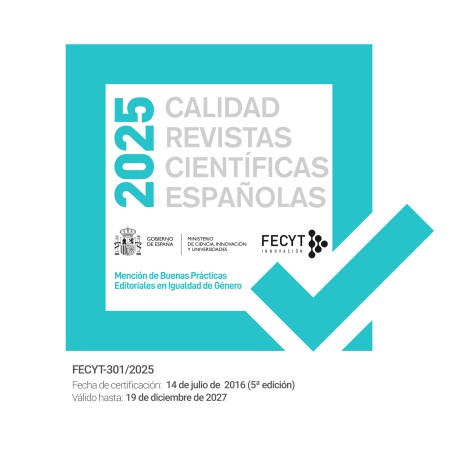Formative assessment, work regulation, organization, engagement, tracking and attendance in Spanish Universities
Agencias de apoyo
- Este estudio se ha llevado a cabo dentro del proyecto de I D i
- “Las competencias docentes en la formación inicial del profesorado de educación física”. Convocatoria de noviembre de 2013 del Programa Estatal de Investigación
- Desarrollo e Innovación Orien
Resumen
The Assessment Systems Scale, a 34-item questionnaire, has been proven a robust, reliable and valid instrument to evaluate assessment procedures at the university level. However, the sample used to validate it was rather small, and proper validation of instruments requires testing on multiple independent samples. The current studies evaluated the reliability and the validity of a reduced version consisting in only 23 items, as well as its interactions. Study 1 determined the validity and reliability of the reduced version of the Assessment System Scale in the context of a large sample of Spanish university students. 3.428 students and 52 teachers from 17 different universities across Spain agreed to participate. Results showed a 3-factor structure and high internal consistency (α = .835). In Study 2 descriptive and inferential statistics showed that formative assessment significantly linked students’ work regulation and organization, engagement, tracking and attendance. Students who participate in formative assessment systems understand how necessary is class attendance, because it favors greater engagement and, as a consequence, better regulation and monitoring of the content throughout the teaching-learning process. A significant relationship between peer review and more effective feedback to improve the understanding of the tasks found. Moreover, the definition of clear evaluation criteria correlated positively with the registration of individual work or group. A level of self-regulation work differently depending on the degree studied was found. We conclude that it is necessary to implement formative assessment systems using tools and systematic procedures that ensure truly an alternative to more traditional methodological approaches
Descargas
-
Resumen607
-
PDF 391
Los artículos que se publican en esta revista están sujetos a los siguientes términos:
1. El Departamento de Métodos de Investigación y Diagnóstico en Educación de la Universidad de Murcia (España), junto con el Servicio de Publicaciones de la Universitdad de Murcia (Editum) son los editores de la revista REIFOP y conserva los derechos patrimoniales (copyright) de los artículos publicados, permitiendo la reutilización de las mismos bajo la licencia de uso indicada en el punto 2.
2. Las obras se publican en la edición electrónica de la revista bajo una licencia Creative Commons Reconocimiento-NoComercial-SinObraDerivada 3.0 España (texto legal). Se pueden copiar, usar, difundir, transmitir y exponer públicamente, siempre que: i) se cite la autoría y la fuente original de su publicación (revista, editores y URL de la obra); ii) no se usen para fines comerciales; iii) se mencione la existencia y especificaciones de esta licencia de uso.
3. Condiciones de auto-archivo. Se permite y se anima a los autores a difundir electrónicamente las versiones pre-print (versión antes de ser evaluada) y/o post-print (versión evaluada y aceptada para su publicación) de sus obras antes de su publicación, ya que favorece su circulación y difusión más temprana y con ello un posible aumento en su citación y alcance entre la comunidad académica. Color RoMEO: verde.
















